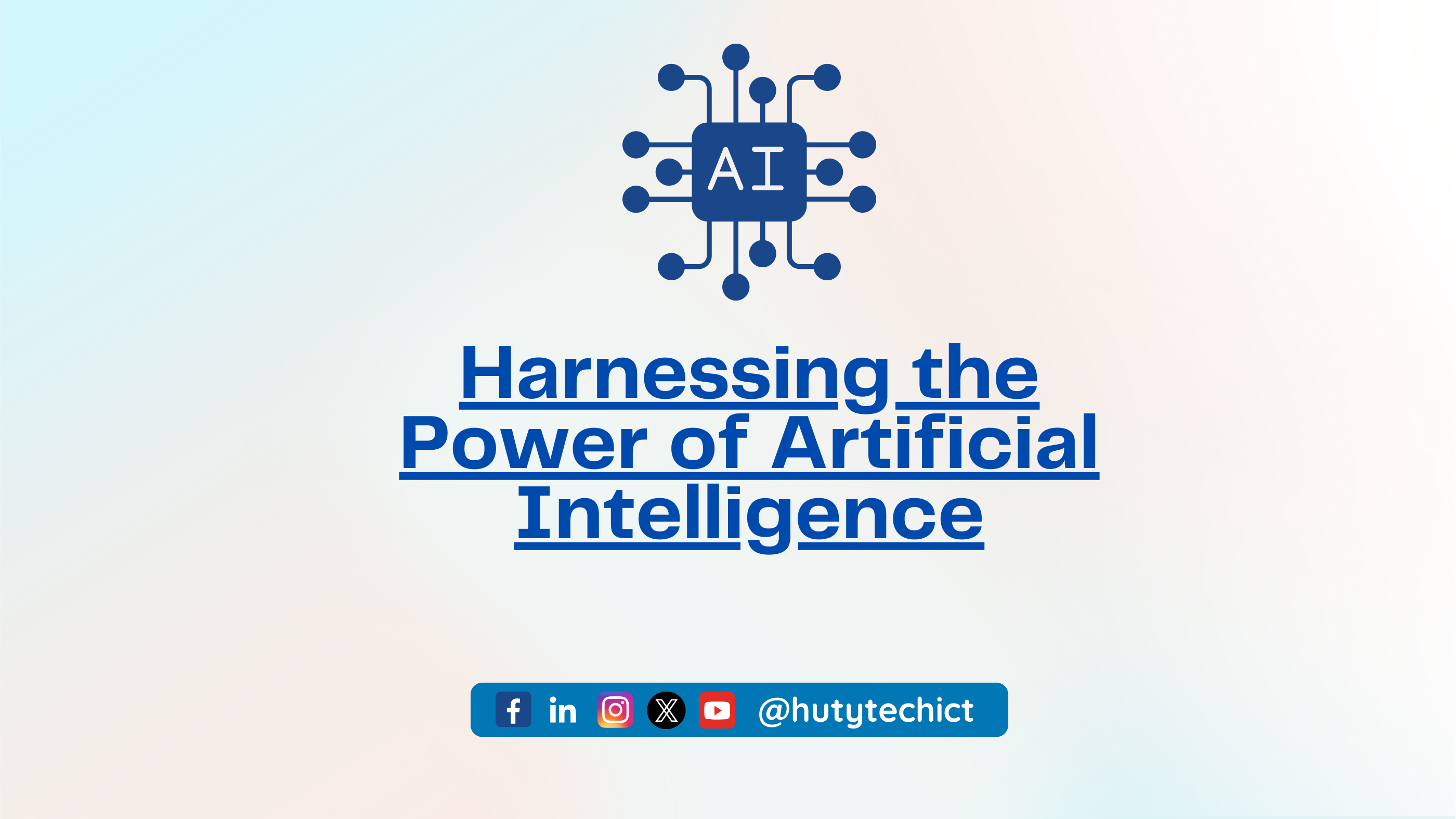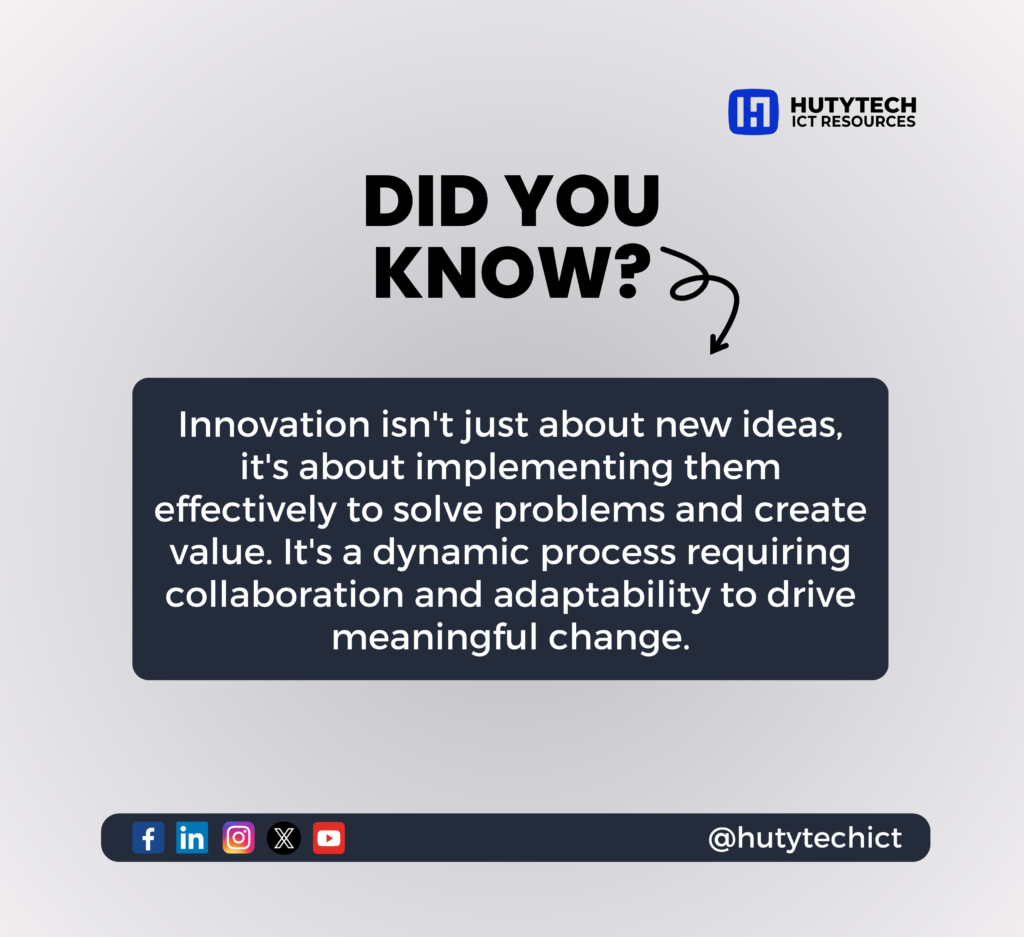
Harnessing the Power of Artificial Intelligence: Transformative Use Cases Across Industries
In today’s rapidly evolving technological landscape, artificial intelligence (AI) has emerged as a transformative force, revolutionizing industries and reshaping the way we live, work, and interact with the world around us. From personalized recommendations to autonomous vehicles, the applications of AI are as diverse as they are impactful. In this blog post, we’ll explore some of the most compelling use cases of AI across various industries.
1. Healthcare
In healthcare, AI is revolutionizing diagnosis, treatment, and patient care. Machine learning algorithms analyze medical images to detect diseases like cancer and diabetes with unprecedented accuracy. Natural language processing (NLP) enables chatbots and virtual assistants to provide personalized healthcare advice and support to patients. Predictive analytics models forecast disease outbreaks and optimize hospital resource allocation, improving healthcare delivery and saving lives.
2. Finance
In the finance industry, AI-powered algorithms drive investment strategies, risk management, and fraud detection. AI analyzes vast amounts of financial data to identify market trends, predict asset prices, and optimize investment portfolios. Natural language processing algorithms parse news articles and social media feeds to gauge market sentiment and inform trading decisions. AI-based fraud detection systems monitor transactions in real-time, flagging suspicious activity and preventing financial losses.
3. Retail
In retail, AI enhances the customer experience, optimizes inventory management, and drives sales growth. Recommendation engines leverage machine learning algorithms to personalize product recommendations based on customer preferences and browsing history. Computer vision technology powers cashier-less checkout systems and enables retailers to track inventory levels and optimize shelf space in real-time. Chatbots and virtual assistants provide customer support and assistance, enhancing engagement and satisfaction.
4. Manufacturing
In manufacturing, AI enables predictive maintenance, quality control, and process optimization. Machine learning models analyze sensor data to predict equipment failures before they occur, minimizing downtime and reducing maintenance costs. Computer vision systems inspect products for defects and anomalies, ensuring quality and consistency across production lines. AI-driven optimization algorithms optimize production schedules, resource allocation, and supply chain logistics, improving efficiency and reducing waste.
5. Transportation
In transportation, AI is driving innovation in autonomous vehicles, traffic management, and logistics optimization. Self-driving cars use AI-powered perception and decision-making algorithms to navigate complex environments and safely transport passengers from point A to point B. AI-based traffic management systems analyze real-time traffic data to optimize traffic flow, reduce congestion, and minimize travel times. Logistics companies use AI to optimize route planning, vehicle routing, and delivery scheduling, improving efficiency and reducing costs.
Conclusion
The applications of artificial intelligence are as diverse as they are transformative, spanning industries and revolutionizing the way we live, work, and interact with technology. From healthcare and finance to retail, manufacturing, and transportation, AI is driving innovation, unlocking new opportunities, and transforming business models and processes. As AI continues to evolve and mature, its impact on society will only grow, shaping the future in ways we have yet to imagine. By harnessing the power of AI responsibly and ethically, we can unlock its full potential to create a better, more connected, and more intelligent world for generations to come.

